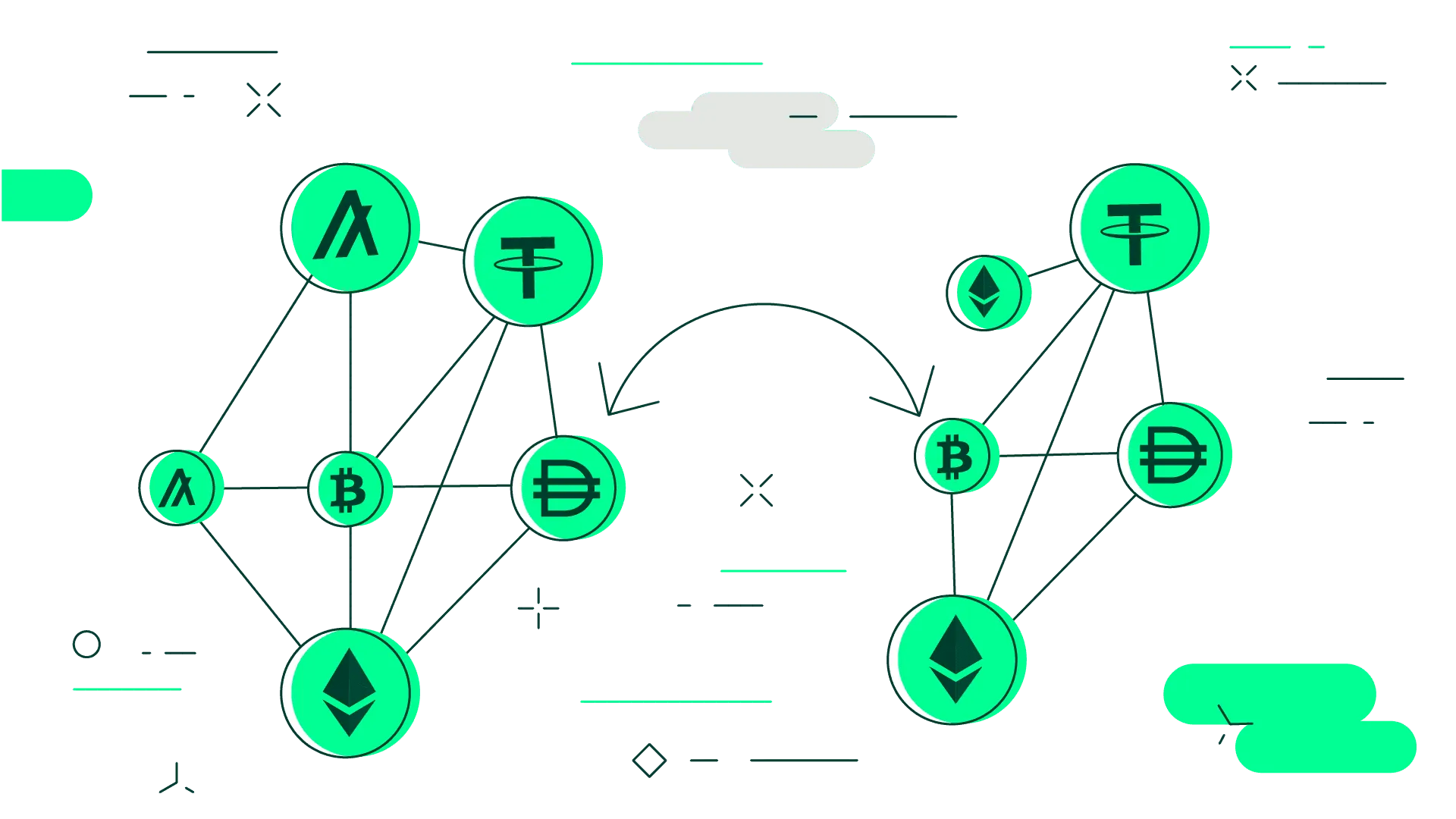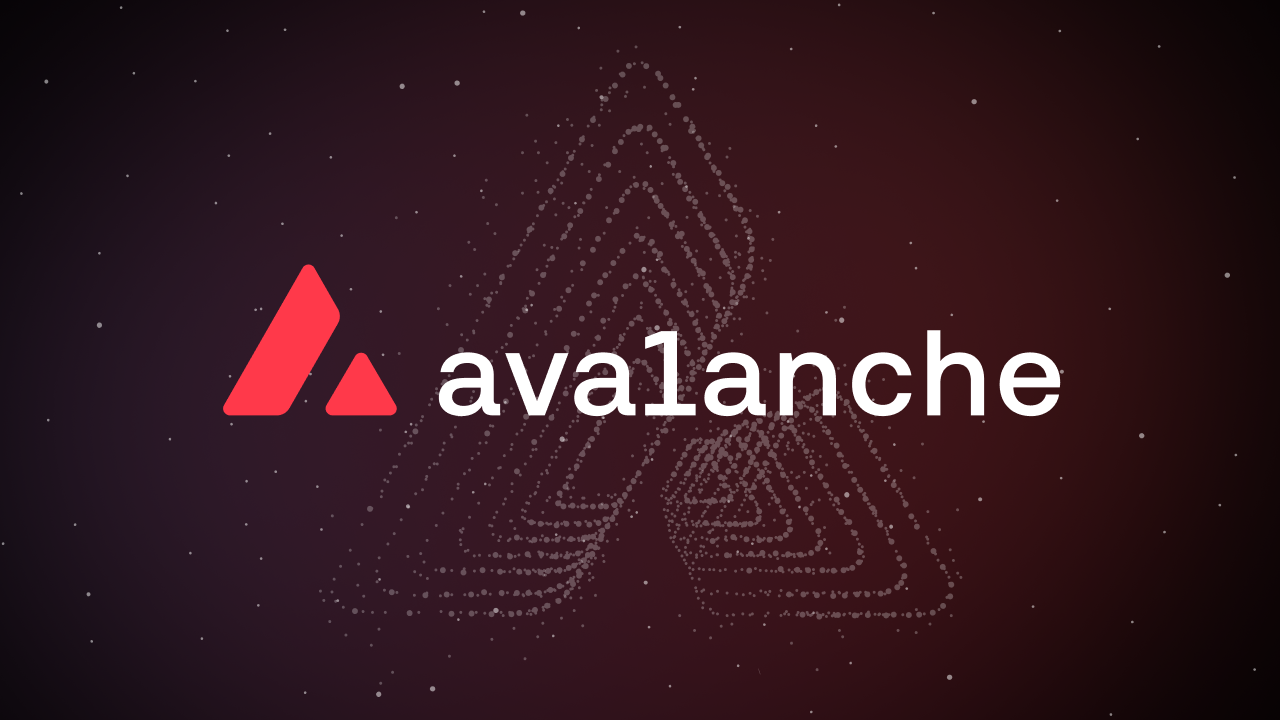Decentralized Exchanges defy traditional finance rules—no gatekeepers, full control, and risky transparency collide in a trading revolution that’s just beginning.
Decentralized Finance (DeFi) has been shaking up the financial world, and at the heart of it lies the concept of Decentralized Exchanges, or DEXs. You’ve probably heard about them if you’ve scratched the surface of blockchain technology or crypto trading. But what exactly is a DEX?
Simply put, a DEX is a platform that lets users trade cryptocurrencies directly with each other without using a middleman like traditional exchanges do. It’s a peer-to-peer system operating through smart contracts on blockchains. No boss, no office, no centralized control. Just you, your tokens, and the blockchain.
Traditional exchanges, known as centralized exchanges (CEXs), require you to trust a company to hold your funds, manage your trades, and keep your information safe. DEXs toss that idea out the window by using automated market makers (AMMs) and liquidity pools instead.
“Decentralized exchanges utilize liquidity pools where users deposit their cryptocurrencies, enabling seamless token swaps without an order book or intermediaries,” explains Ethereum Foundation, one of the leading voices in blockchain development.
Here’s how it works: users provide liquidity by depositing pairs of tokens into a shared pool. These pools power the trading process automatically and instantly through smart contracts. The AMMs then price tokens based on supply and demand inside that pool, not some central authority setting prices or controlling trades.
The result? You can swap one token for another anytime, anywhere, directly from your crypto wallet. No registration, no KYC hassles, and no risk of your funds getting frozen or stolen from a central server vulnerable to hacks. Sounds like a dream, right? Well, it’s also not all rainbows.
DEXs shine when it comes to control and transparency. Since everything is on-chain, anyone can audit the transactions and the rules governing the exchange. There’s no hidden fee structure buried in fine print. The code does the trading, not a suspicious middleman.
But don’t get carried away. A report by CoinGecko points out that DEXs still face challenges with liquidity compared to big centralized exchanges. It means you might see wider price swings or have trouble trading large amounts without affecting prices too much.
Another interesting twist? While traditional exchanges keep traders’ data under wraps, DEXs operate fully on public blockchains. Your trades are visible to everyone (which can be a privacy nightmare depending on how you look at it). On the upside, this openness helps spot fraud and manipulation faster.
DEXs are also evolving quickly. Platforms like Uniswap, SushiSwap, and PancakeSwap have made huge waves by pioneering new features and incentives that keep liquidity flowing. Venture capitalists and developers are pouring billions into expanding the DeFi ecosystem, making DEXs more powerful and user-friendly every day.
“Decentralized exchanges eliminate the need for middlemen, offering trustless and permissionless trading environments that embody the original vision of cryptocurrencies,” stated Binance Research, highlighting the core ethos behind DEXs.
The rise of DEXs is not without regulatory headaches either. Governments and financial watchdogs are scratching their heads over how to apply existing laws to these trustless, anonymous operations. But for now, users are drawn to the promise of full control over their assets and the ability to trade anytime, anywhere without gatekeepers.
If you want to dive deeper into the world of decentralized exchanges and learn about the nuts and bolts behind liquidity pools and automated market makers, sites like ChainFocus offer well-structured, bite-sized explanations perfect for beginners and pros alike.
So, whether you see DEXs as the future of finance or just another shiny decentralization fad, there’s no denying they’ve brought something radically different to the table. Peer-to-peer token swapping, automated smart-contract trading, and a marketplace without bosses or borders. It’s wild, it’s messy, but it’s definitely here to stay.





